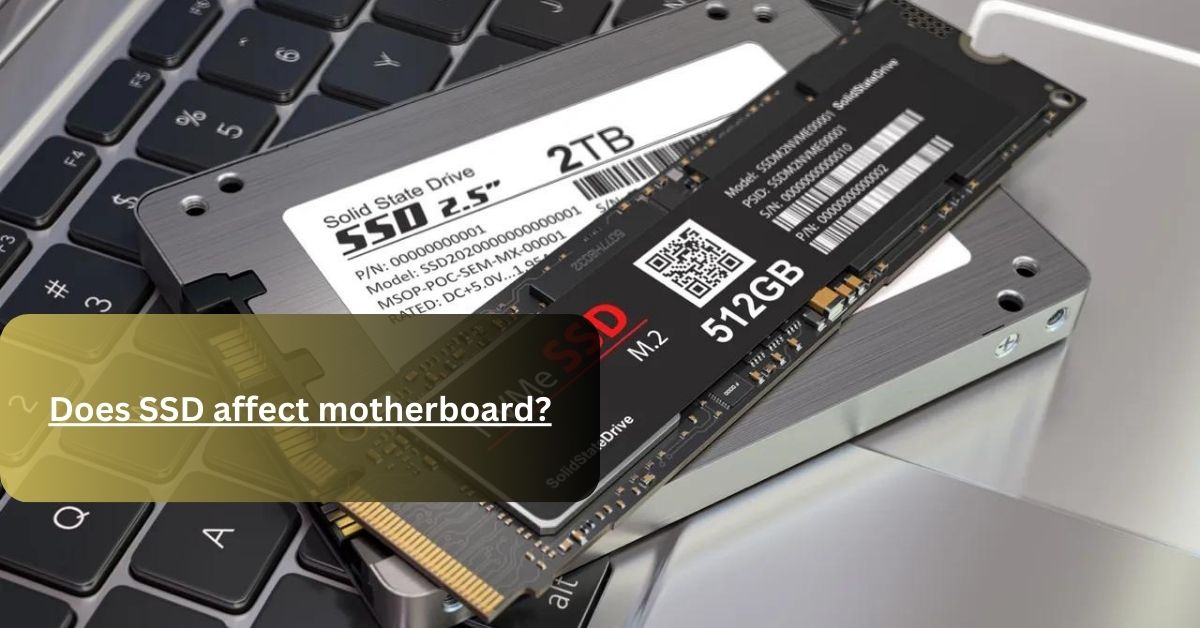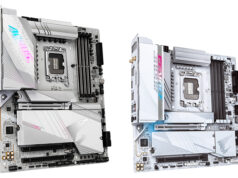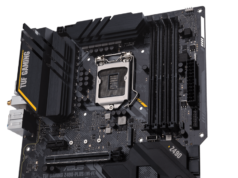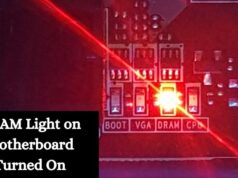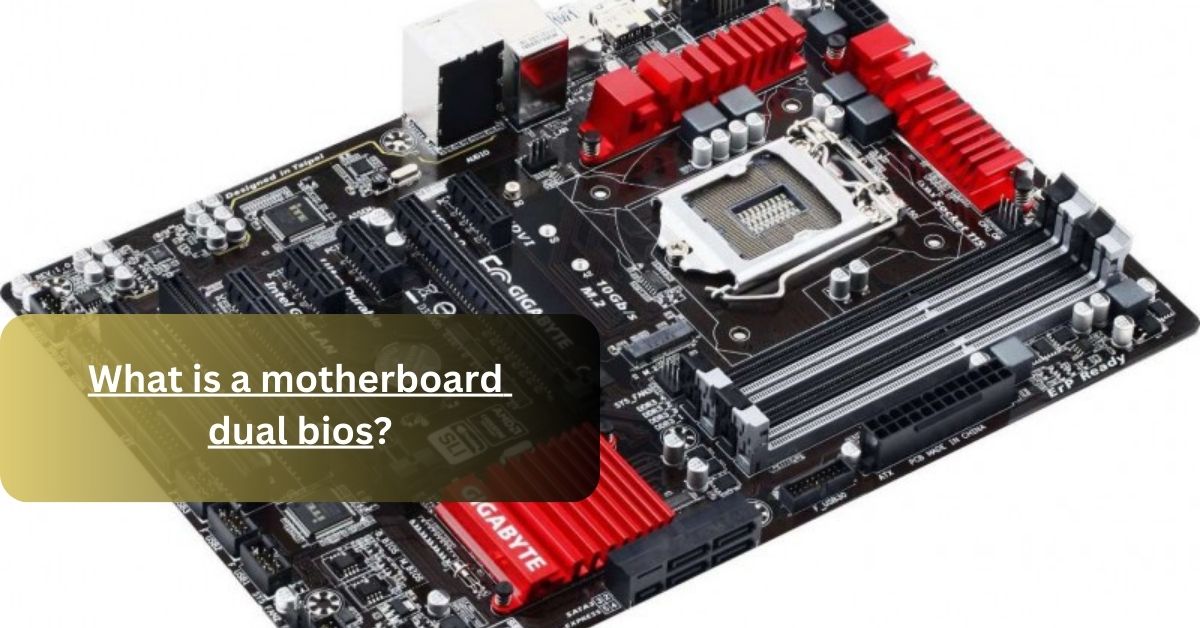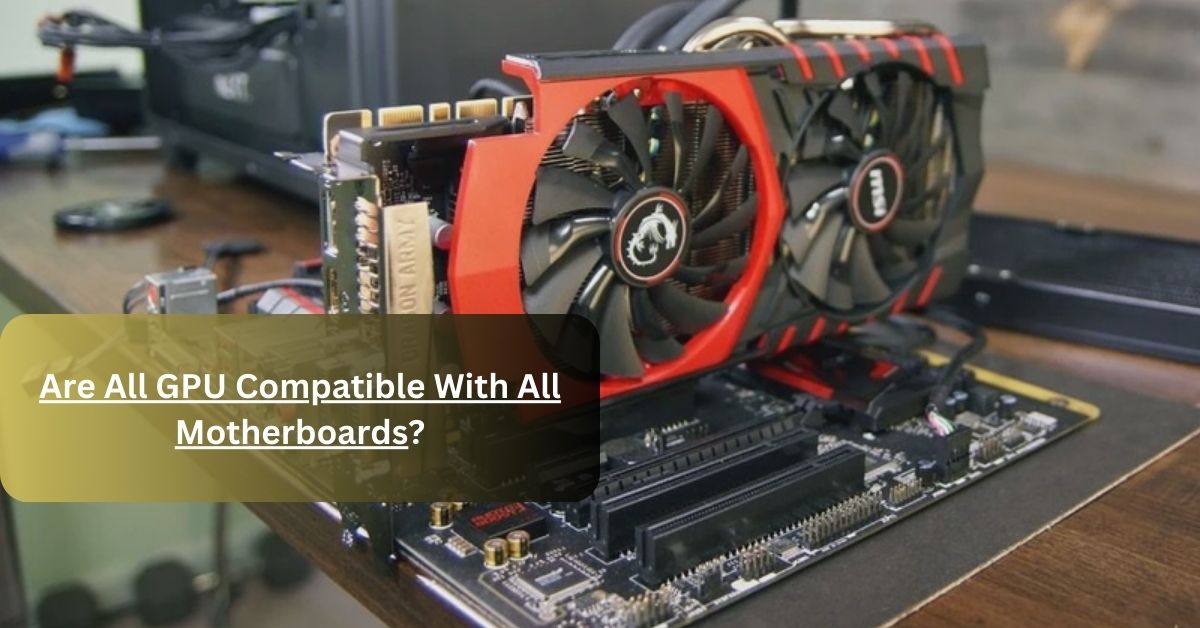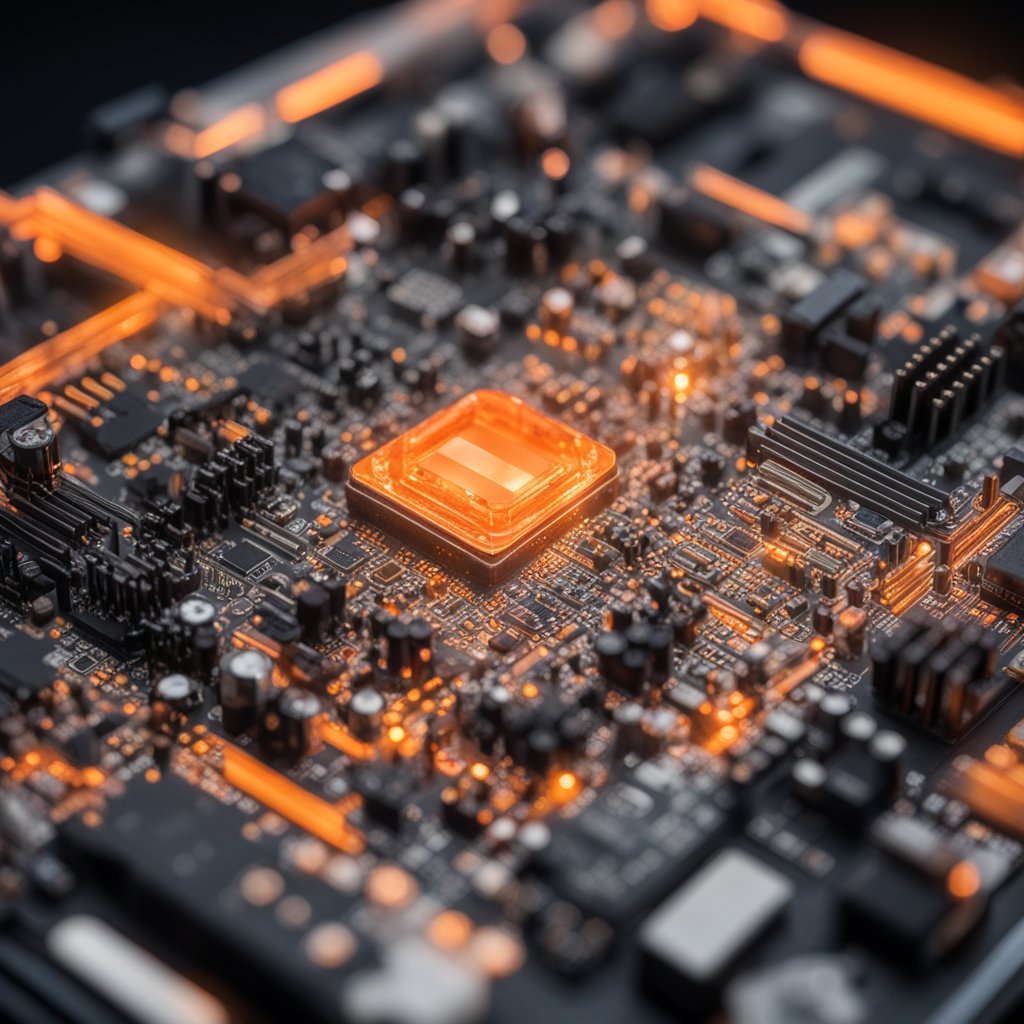The capacity of HDD and SSD depends upon the capacity of the motherboard. For example, if you want to use the SSD card but your motherboard does not support its feature, It will disturb your working.
Mostly, users change or upgrade the CPU, GPU, or memory chips. But they don’t focus on the motherboard or the processor. I am saying this because people upgrade the components of new models and designs but motherboards are of old versions, and cannot support the proper features.
Here our point of focus is the relation between the SSD and Motherboard. Do all the motherboards support the SSD? Or is SSD compatible with the motherboard?
The simple answer to this question is no. All the motherboards do not support the SSDs. SSD requires an identical disk to fit with the SSD. In the presence of a disk, your SSD will affect the motherboard.
In this post, I clear your all concepts, Stay tuned and read this complete post.
What is a Solid State Drive (SSD)?
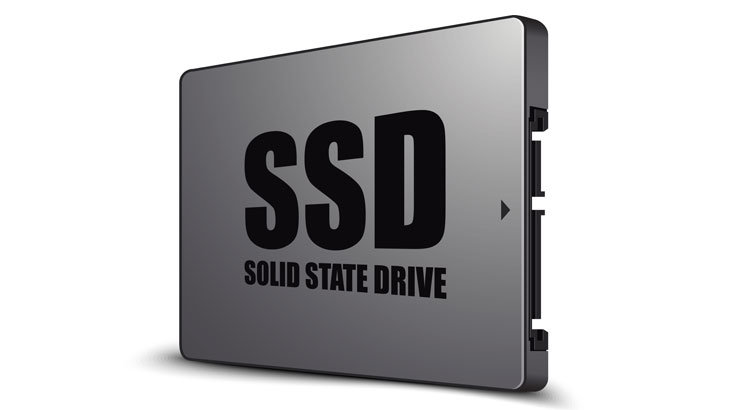
SSD is a device that is used to store, read, and write data, a hundred times faster than the normal HDD. HDD moves in a circulatory motion to manage all its data, On the other hand, SSD uses flash memory for recording data.
If we talk about the working of SSD, is the same as the RAM. It is a volatile memory and turns off when you shut down and starts again when you turn on the computer.
The thing for which SSD is famous is its NAND memory features. It means it can read data many times faster than the normal drive.
Are all SSDs Compatible with any Motherboard?
No, all the motherboards are not compatible with all the motherboards. A motherboard with the same disk is the only one that allows the SSD to properly work.
Old motherboards, cannot support the SSD. Latest versions and motherboards which are moderate and costly, are easily adjustable with the SSD cables.
Older motherboards have space only for one drive disk. If you would like to connect the SSD, then you have to lose your HDD slot. The number of slots in every motherboard is very limited.
Overall, your motherboard cannot make restrictions you can use both disk drives unless your motherboard is in good condition or able to support both drives.
Read: If You Power A Motherboard Without RAM? – All You Need To Know
Which SSD Ports Are Compatible With Motherboard Ports?
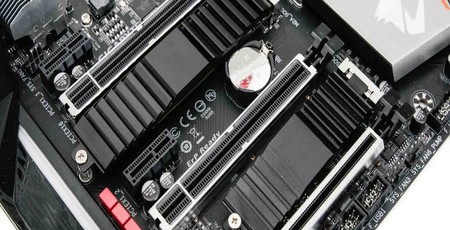
Two types of SSD cables are commonly used and are capable of adjusting with all the motherboards. The types of SSD cables are:
- SATA SSD
- M.2 NVMe SSD
If we discuss the main difference between these two ports, NVMe is more reliable and recommended. This is because it is faster than the SATA cable. NVMe is a nonvolatile memory and ensures to access the data from nonvolatile memory.
Both types of SSD cables are commonly used, and no doubt they both are excellent and give you the best results because both cables are smaller in size and 2.6X times faster than the normal one.
By reading these phrases, I hope you clear the difference between these cables, and now you can easily choose.
Does The SSD Speed Affect Compatibility With Motherboard?
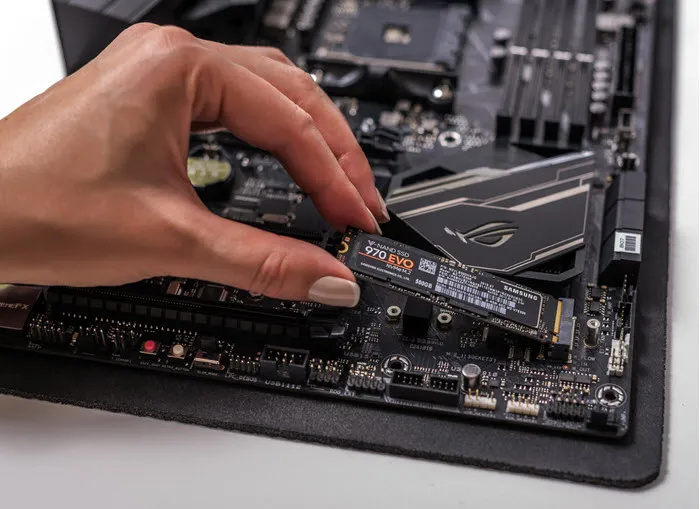
Above, we distinguish the cables by their speed, So, here is the question. Does the speed of the SSD matter, Or does it affect the compatibility with the motherboard? Let’s clear this dought.
Yes, The speed will affect the compatibility with the motherboard. The faster the cable, you can able to fetch the data accurately. But this compatibility is not constant it depends upon your motherboard.
It is very important to check that your motherboard supports which cable. Like, If you choose the SATA cable, then you need to check whether your motherboard is supporting this or not.
Always try to choose the cable which is compatible with your motherboard. SSD cables require the disks in the motherboard, which they can adjust easily. If the disk is not present, the SD cable is useless, no matter how strong it is.
It is recommended to choose the SSD, which is compatible with your motherboard.
Why should I Choose SSD over HDD?
SSD and HDD are two types of nonvolatile memory devices that are used to transfer or store data. In the modern era, Many users prefer the SSD over the HDD. But, they don’t know the main purpose of choosing this device and even don’t know why they are choosing this one.
Here are a few points for you that tell you the clear difference between both devices:
- SSDs have more read or right speed than HDDs.
- SSD is more durable among all the devices.
- The minimal chances of losing your data.
- SSD sends the flash signal which HDD makes a lot of noise while transferring data.
- The speed of HDD is 50-60 per sec, while SSD has a speed of 500 to 600.
By reading these key points, I hope you clear all the facts and easily make a huge difference between SSD and HDD.
Conclusion:
As the time changes, many innovations take place in the world of technology. Just take an example of a memory device in the motherboard. In old motherboards, an HDD device is used but now SSD is more used and recommended.
This is because it is designed using modern technology and is faster than the other storage devices.
But, you need to check the identical disk for SSD before installing it. If there is no disk in your laptop, It means your motherboard is not compatible.
Always try to use the devices which is supported by your system, so hence you can enjoy your experience.
Read More
Can A Faulty Motherboard Damage Other Components?
Can A Computer Turn On Without A CPU? | Explained
Can Motherboard Affect Internet Speed? – Best Information
Does CPU Affect Download Speed? – Download Speeds Demystified


